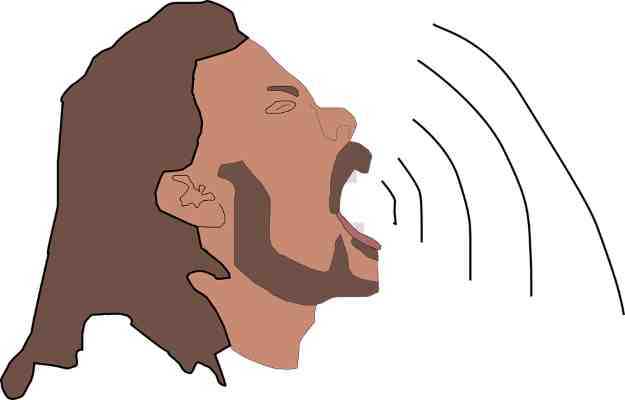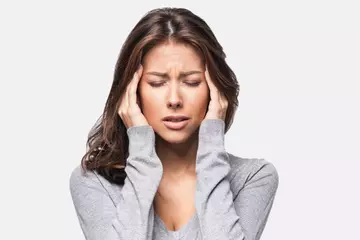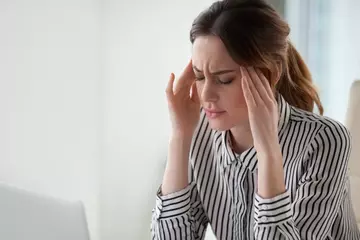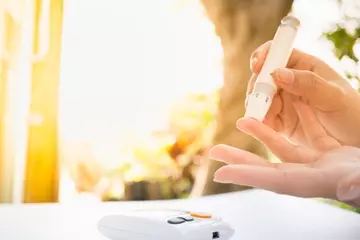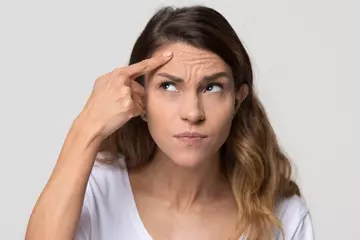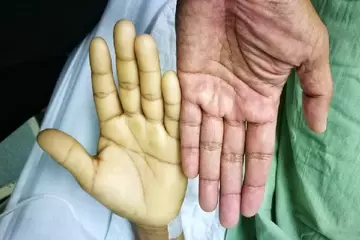What are strained vocal cords?
Vocal cords are two muscular tissue bands in the voice box (larynx) that stretch as one talks. Any stress to the vocal cords, like when a person shouts, screams or sings difficult notes, results in strained vocal cords. Home remedies and resting the voice help in faster recovery.
What are its main associated signs and symptoms?
Strained vocal cords are medically termed laryngitis. It generally affects the voice of the individual, making it hoarse. The individual will have difficulty in communicating, as the voice is low and raspy. In some cases, strained vocal cords lead to pain. Complete loss of voice can also occur for a couple of days. There can also be difficulty in swallowing and ear problems simultaneously.
What are the main causes?
Common causes for strained vocal cords are overuse of voice when singing, giving constant lectures or screaming. Vocal cords also get affected when certain strong odours are inhaled, like strong sprays. Chronic laryngitis is caused if there are nodules or polyps (non-cancerous tissue growths) on the vocal cords. Other causes include Parkinson's disease, bacterial or viral infection, allergies and stroke.
How is it diagnosed and treated?
Strained vocal cords are confirmed by a thorough physical examination and detailed history taking. A laryngoscope, which is a small mirror to visualise the back of the throat, may be used for examination.
This condition is usually not serious and resting the voice often helps relieve the strain. Medications such as anti-inflammatory drugs, antibiotics and, rarely, steroids are used. Warm water gargles help ease inflammation and pain. Adequate hydration is advised. Cold drinks and alcohol are to be avoided at all times. Throat lozenges help to relieve the discomfort. Honey helps to soothe a sore throat. Drinking a concoction of honey mixed with one teaspoon of lemon juice in a glass of warm water will help remove the mucus around the vocal cords.


